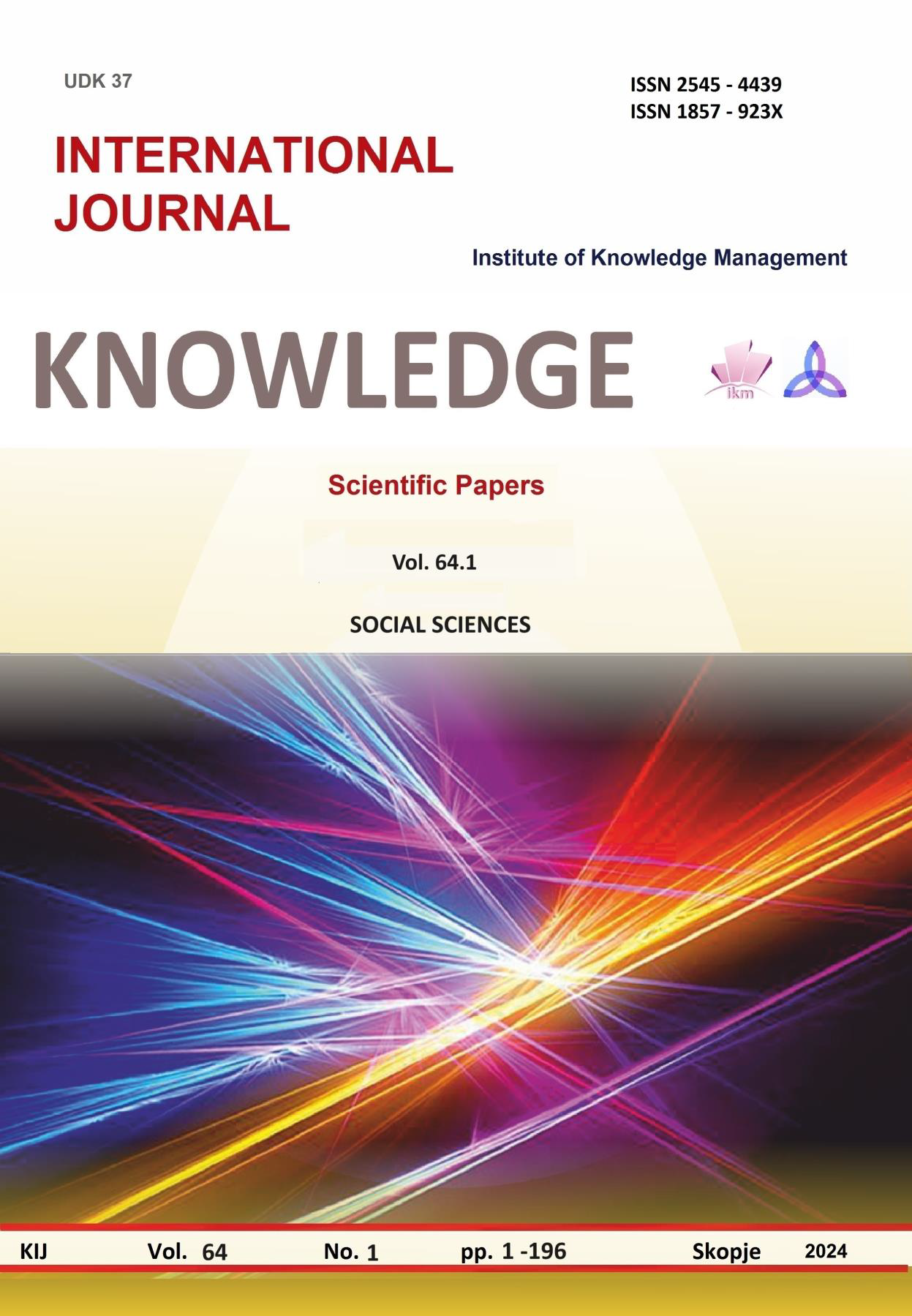ANALIZA I IMPLIKACIJE USAMLJENOSTI U SAVREMENOM DRUŠTVU
ANALYSIS AND IMPLICATIONS OF LONELINESS IN CONTEMPORARY SOCIETY
Author(s): Elvira ČekićSubject(s): Psychology, Sociology
Published by: Scientific Institute of Management and Knowledge
Keywords: loneliness;social exchange theory;consequences;well being;intervention strategies
Summary/Abstract: Loneliness is a significant social and psychological phenomenon that is increasingly garnering attention in contemporary society due to its epidemic proportions and association with a range of pathological consequences, resulting in a general decline in individual well being. The aim of this paper is to provide a comprehensive analysis of the phenomenon of loneliness to deepen understanding of the mechanisms shaping this feeling and to identify intervention strategies that can help mitigate its negative consequences. Utilizing the theoretical framework of social exchange theory as a basis for understanding the dynamics of social interactions, various aspects of loneliness are analyzed. The focus is placed on studying loneliness through the lens of resource exchange, support, and social connections to explore how the lack of social resources contributes to the feeling of loneliness and how social interactions can alleviate or exacerbate this feeling. Analysis of existing research clearly demonstrates that loneliness has serious implications for mental and physical health. Loneliness has been identified as a a significant risk factor for a wide range of disorders, including depression, anxiety, suicidal behavior, heart disease, as well as diminished immune function, cardiovascular, and endocrine systems. Moreover, research has confirmed that loneliness can negatively impact the quality of life and productivity of individuals and result in increased healthcare costs. Particularly concerning are findings indicating an increased incidence of pathological effects of loneliness among adults developing personality disorders and adaptations, such as excessive alcohol consumption, loss of self esteem, extreme forms of anxiety, feelings of helplessness, and stress. Additionally, research has documented that loneliness can contribute to cognitive dysfunction, including memory impairment, learning difficulties, and increased susceptibility to Alzheimer's disease. These findings underscore the necessity for further research and development of targeted interventions capable of addressing various population needs while simultaneously raising awareness of the negative effects of this serious public health issue.
Journal: Knowledge - International Journal
- Issue Year: 64/2024
- Issue No: 1
- Page Range: 185-191
- Page Count: 7
- Language: Bosnian

